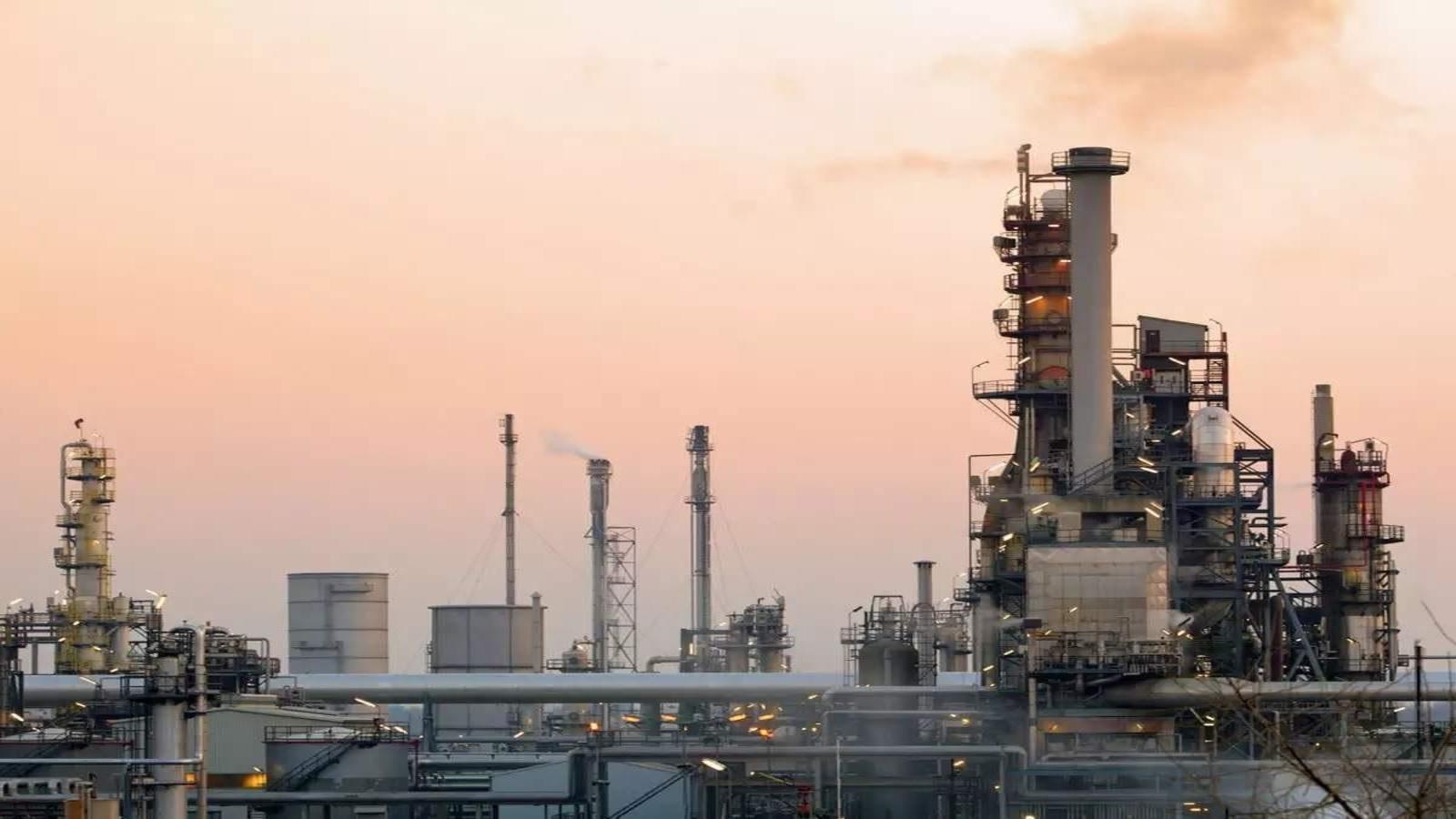
As the world grapples with the urgent need to combat climate change, the United States is turning to innovative technologies like carbon capture and storage (CCS) to reduce harmful emissions and transition to cleaner energy sources. In line with this vision, the 2022 Inflation Reduction Act has allocated a substantial $369 billion for clean energy initiatives, including funding for CCS projects. But what exactly is carbon capture and storage, and how is it shaping the battle against climate change? Let’s delve into the details and break it all down for you.
Understanding Carbon Capture and Storage
Carbon capture and storage is akin to capturing a ghost from the air – it involves trapping carbon dioxide (CO2) emissions from sources like power plants or directly from the atmosphere and storing them deep underground. This revolutionary technology aims to mitigate the impact of existing carbon emissions, thereby preventing further exacerbation of the climate crisis.
How Does Carbon Capture and Storage Work?
CCS operates through a three-part process: capture, transport, and storage. First, carbon dioxide emissions are captured using specialized equipment attached to industrial chimneys, effectively trapping the CO2 before it enters the atmosphere. Next, the captured CO2 is compressed into a liquid form for ease of transportation through pipelines. Finally, the liquid CO2 is injected deep underground into geological formations, such as saline reservoirs or depleted oil fields, where it is securely stored away from the atmosphere.
CCS in the United States: Current Projects and Developments
The United States is at the forefront of CCS technology and implementation, with several significant projects either operational or in development. These include:
- Petra Nova:Located in Thompson’s, Texas, Petra Nova is one of the world’s largest CCS projects attached to a coal-fired power plant. It captures CO2 emissions and utilizes them for enhanced oil recovery.
- Boundary Dam:Although technically in Saskatchewan, Canada, Boundary Dam is the world’s first full-scale CCS project integrated into a coal-fired power plant. It provides valuable insights for similar projects in the US.
- Illinois Industrial Carbon Capture and Storage Project:This initiative in Decatur, Illinois, focuses on capturing CO2 emissions from an ethanol production plant and storing them underground.
- NET Power’s Allam Cycle:NET Power’s facility in La Porte, Texas, integrates carbon capture into the power generation process itself, offering a novel approach to emissions reduction.
Challenges and Opportunities
Despite its promise, CCS faces several challenges, including high costs, energy requirements, and regulatory uncertainties. However, innovations aimed at reducing costs and increasing efficiency, coupled with policy incentives and expanding applications, are driving interest and investment in CCS projects. With global ambitions to scale up CCS capacity significantly by 2050, the industry holds the potential to create millions of jobs and become a central tool in the fight against climate change.
Conclusion: A Path Forward in Climate Action
Carbon capture and storage represent a critical component in the portfolio of solutions for addressing climate change. As technology advances and costs decrease, CCS has the potential to play an increasingly central role in reducing greenhouse gas emissions and transitioning to a sustainable energy future. With ongoing projects and developments across the United States, the journey towards a cleaner, greener future is well underway.
What are your thoughts on carbon capture and storage? Share your insights below, and let’s continue the conversation on combating climate change together.



